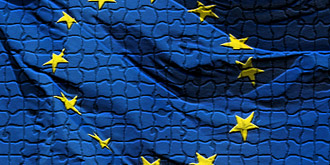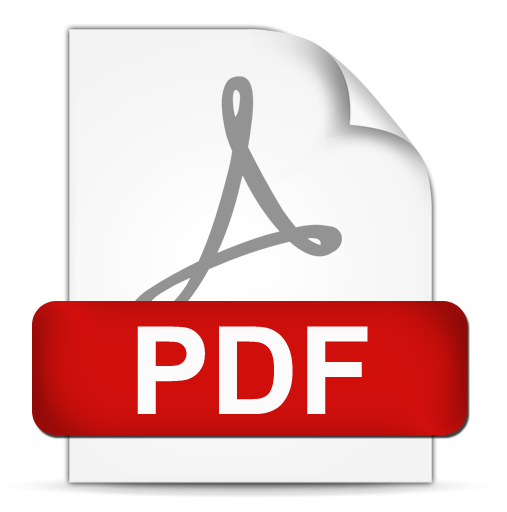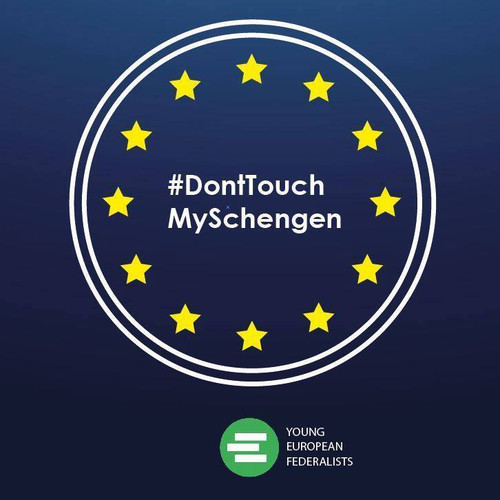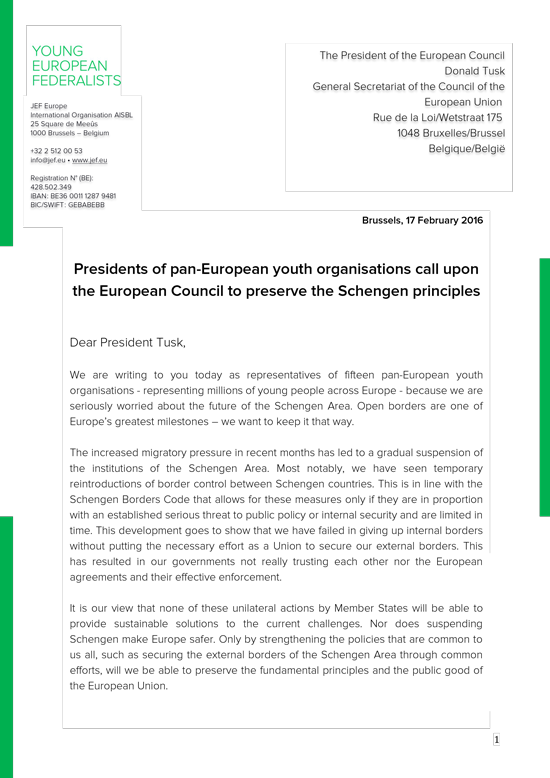Free InterRail passes for the European youth: a misguided proposal
Following the European Parliament support this week for an European People’s Party amendment to the long-term budget of the European Union securing funding for the initiative, the Young Democrats for Europe express their position on this misguided proposal
Violeta Bulc, the Commissioner for Transport, recently told the European Parliament that she was ready to carry through an old idea of offering free InterRail tickets to all young adults turning eighteen, sparking a wave of enthusiasm among MEPs and Brussels officials. These tickets enable their holders to travel by train freely through Europe for a certain number of weeks and has quickly become a masterpiece of the young European tool-kit. The aim of such a measure is clear: enhancing youth mobility and fostering the European feeling among new generations. However, if on the face of it, the plan may sound appealing, we Democrats consider it as neither a legitimate policy instrument, nor an efficient way of fighting Euroscepticism and increasing mobility.
First and foremost, this idea will be costly, tremendously costly. Estimates vary from 1,5 to 3 billion euros, between 1 and 2 % of the EU budget, at a time when this budget is precisely subject to fierce negotiations and is put under stronger pressure due to the financial impact of Brexit. Which program is going to be trimmed in order to pay for this generous plan? Which other source of financing is available? These remain open questions.
We do not mean to say that building a European sense of belonging is not worth a couple of billions. It undoubtedly does. But it is doubtful that offering InterRail passes is the best way of reviving the love for the EU among youngsters. Frequent trips throughout Europe are already a reality for many young Europeans thanks to InterRail and low-cost carrier flights. Alternatively, this money would be better employed to fund the Erasmus programme whose financing has been put under threat for the last years and which still remains inaccessible for many students. This money could also be provisioned for the programme of an apprenticeship Erasmus, put forward by our MEP Jean Arthuis.
This idea is also problematic on a political point of view. Is it really the role of a government to offer free journeys with taxpayer’s money? And even if it were, i should this be the role of the European Union? If something needs to be done to help the least well-off to discover their continent, it seems that national governments are perfectly capable, and better suited, to conduct such a policy. At a time where resentment for the Union is at a record high, when it is regarded as an out of touch and wasteful institution, it is not the moment to make its detractors right.
Moreover, the EU has better tools at its disposal to make travelling easier and cheaper for all European citizens. It could carry on with the opening of the European rail network to competition, especially international lines, currently in limbo. If the EU seeks to increase mobility as a whole, it should continue to break down barriers on the continent, a task it has been very good at for the last decades.
Simply, this plan is demagogic and clientelistic. It is just wrong to buy the love and support of the voters with gifts. It is ridiculous to expect to get the respect of young people by offering them a trip to explore Europe’s wonders. Youngsters are perfectly capable of rationally understanding why the EU is so important in their lives and for their future.
The EU is an extraordinary journey that has done more than any other institution to connect the European peoples, and this is precisely why it should give up this idea that undermines its credibility and will do nothing to improve it. We believe that long-term solutions and deep changes in EU policies are the only way to bring the necessary means to the European youth to gain its autonomy and embrace its European identity
This article was originally published on the College of Europe blog : https://blog.coleurope.eu/2016/10/14/free-passes-for-interrail/





